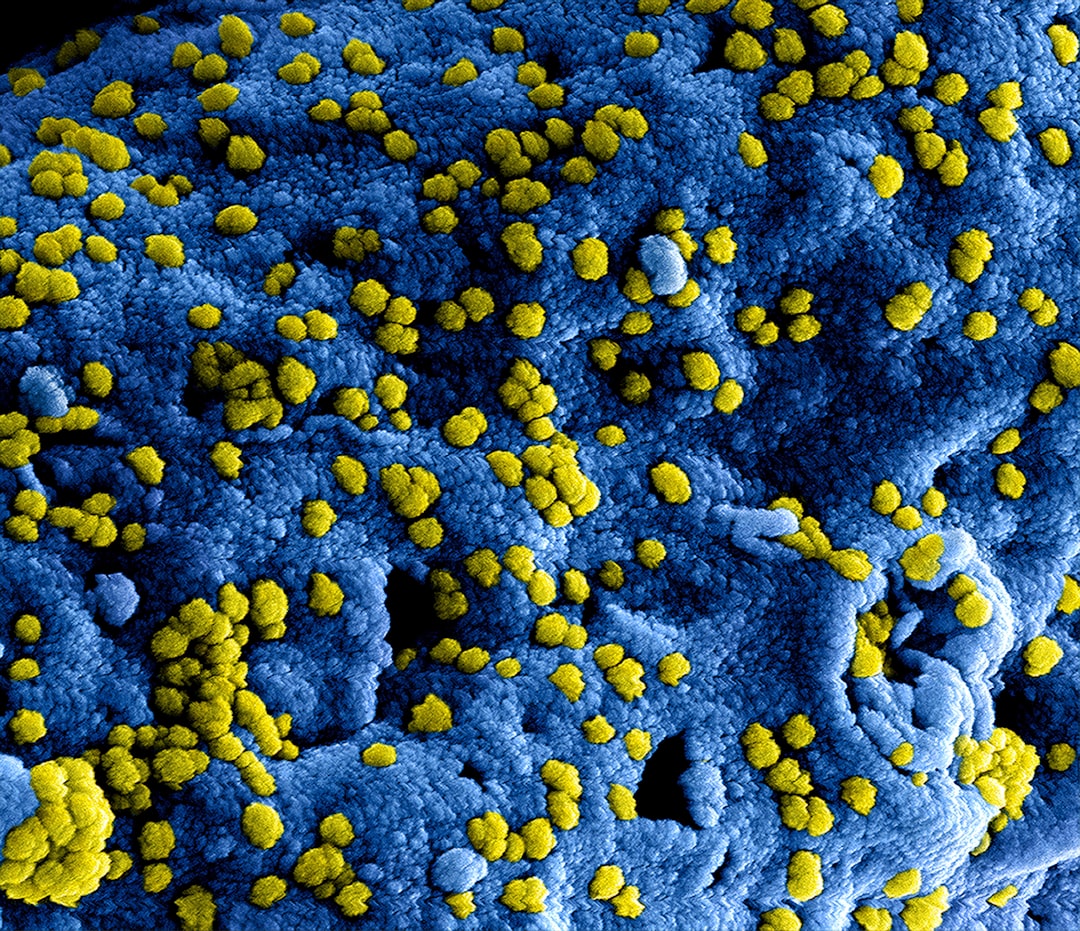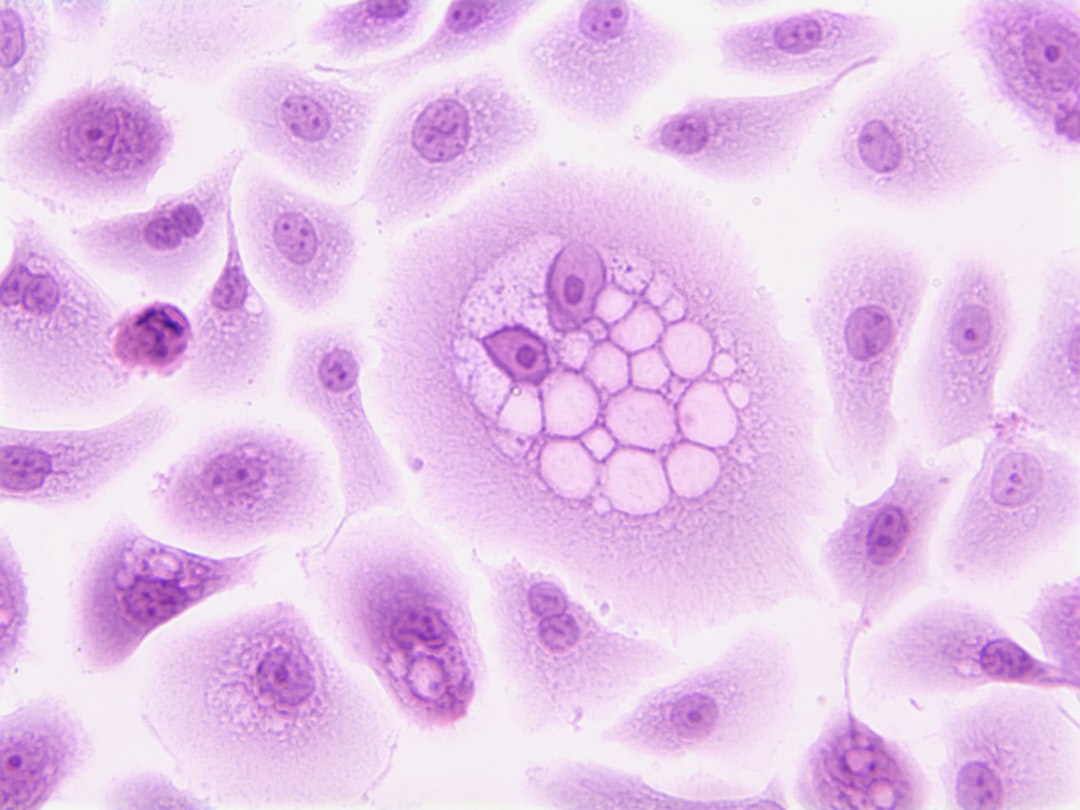I Do Not Believe in Oncology
And, here's why.

Some Clarity
If you were taken aback by the title, I wouldn’t blame you. Before we proceed, it is worth clarifying what I mean.
Oncology is the field of medicine concerned with cancer.
I am not saying that I do not believe in cancer, nor that medicine shouldn’t concern itself with treating cancer.
I am saying that the current model used to understand and treat cancer is wrong.
The Mainstream Model
Although somewhat facetious, you can get a glimpse of the mis-steps taken by oncology by reading the Wikipedia definition of cancer:
Cancer is a group of diseases involving abnormal cell growth with the potential to invade or spread to other parts of the body.
There’s a lot implied in this definition:
cancer starts with a few deranged cells
the growth demonstrated by these cells is abnormal
that cancer invades other body parts
If you dig further into the mainstream literature you will find claims like:
cancer is caused by genetic mutations
cancer is caused by viruses
These claims are made while blatantly acknowledging that there are several factors which contribute to cancer, including environment & lifestyle. Which, if you are an honest oncologist, will recognize that the true cause of cancer is enduring lifestyle choices.
So, what is really going on here?
“It’s Genetic”
The first thing we need to address is the assertion that cancer is caused by genetic mutations.
Ever since the discovery of DNA, mainstream science and medicine has been on a mission to blame every disease on mutations of DNA. For most people, this seems reasonable.
With cancer, this provided a convincing platform for a model of understanding. This model is nested in somatic mutation theory. This theory posits that mutations in our genes result in cancer. There are many problems with this model, which has been extensively criticized in the scientific literature and you can read more about it here.
As I write this, I can hear some of you saying:
But, what about those familial mutations that cause cancer?!
I hate to break it to you, but these are not somatic mutations. These are germ-line mutations - i.e. mutations in cells of our gametes (ova and sperm). Not cells of our body (somatic). Not to mention that they are exceedingly rare and account for probably less than 5% of all cancer. Another topic of discussion altogether.
The biggest problem with the somatic mutation model is that it is temporally fallacious. Brucher & Jamall humorously apply the term hysteron proteron when discussing this model - a rhetorical device in which the first word chronologically happens after the second word. To illustrate this, in cancer studies we find that cells become cancerous before mutations.
That is, cells first become cancerous, then they develop mutations. So how could the mutation cause the cancer?
One of the offspring of the somatic mutation model includes the two-hit hypothesis, which posits that if mutation of a tumor-suppressor gene is the mechanism by which cancer forms, then you would need to knock-out both copies (because we have two copies from our parents). Another variation of this hypothesis is that there needs to be mutations in multiple different tumor-suppressing genes. Or a mutation in a gene that promotes tumor formation. All sorts of variations.
Then, there has been the observation that different types of cancers can arise from the same part of the body at the same time. So, researchers posit field cancerization, which is the idea that parts of the body are impacted by some sort of alteration (usually nested in genetics) that predisposes it to the formation of tumors/cancers.
Circling the Drain
All of these rationalizations are the necessary outcome of the original presupposition that cancer is inherently genetic in origin.
Similar to when geneticists decided to introduce the concept of epigenetics to make sense of the lack of evidence that everything is “genetic." Epigenetics is the study of heritable modifications to gene expression - not mutations in the genes themselves. Rather, it is the admission that our environment plays a far greater role in the expression of genes then we had previously given it credit for.
So then, which conclusion are the oncologists dancing around but seem to be blind to? We get a sense from these undeniable observations:
Cancer is not something that arises spontaneously/randomly, without cause.
Cancer is not an invader.
Cancer does not start from a few dysfunctional cells and spread out.
The root cause of cancer is not mutation.
What We Know
The vast majority of cancer occurs in people who are chronically ill, and are tightly associated with modifiable risk factors (AKA lifestyle/environmental factors).
People who have diseases like diabetes, cardiovascular disease, immunological diseases all have much higher risk of cancer.
Which is not surprising. One of the great physiologists of our time describes cancer as uncontrolled repair. That is, the tissue has undergone so much stress that it is locked into a cycle of repair, and eventually forms tumors.
This phenomenon occurs in an environment that is first diseased, and second disconnected from communication to neighboring cells. This is how the normal “stop healing” signal gets ignored. Ray Peat describes this as being related to insufficient and disorganized collagen - one of the bedrocks of cellular communication and trafficking.
We also know that cancer’s association with single gene mutations is very simplistic. It is far more complicated than that.





